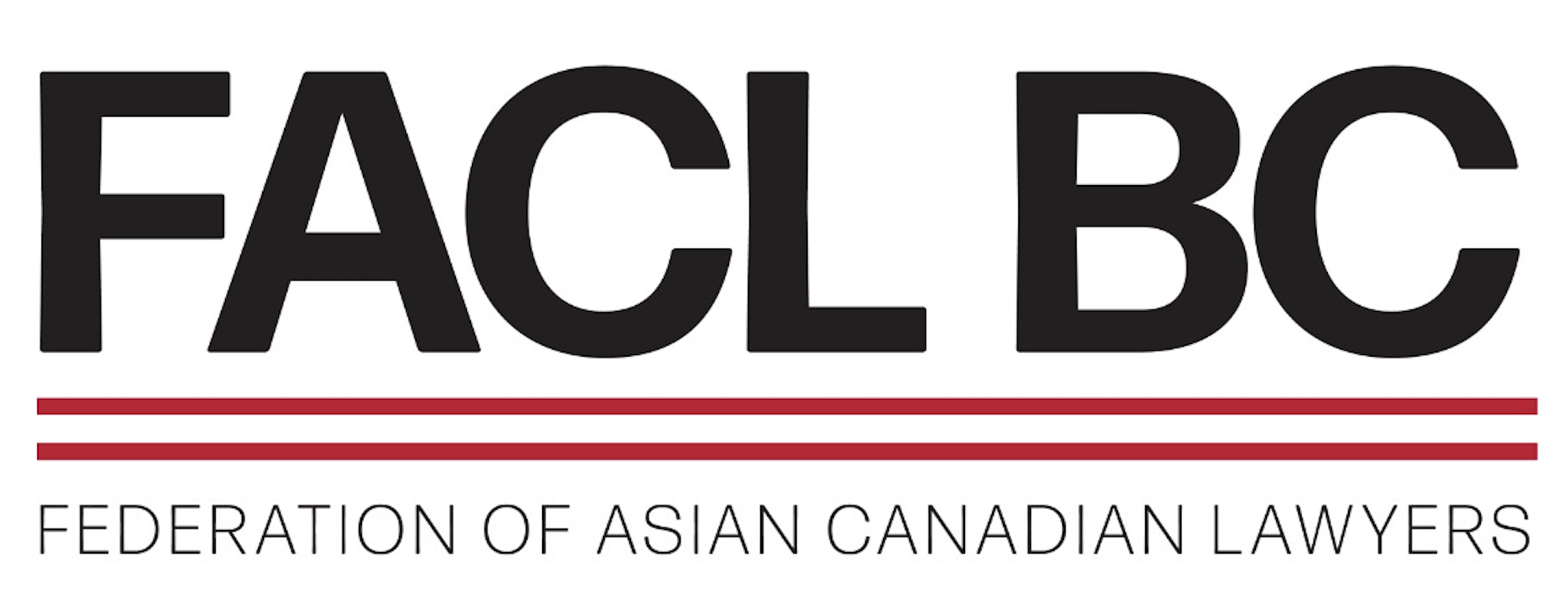Disclaimer: This article is intended for informational purposes only and does not constitute legal advice or opinion. The authors and the Federation of Asian Canadian Lawyers (British Columbia) Society do not express any opinions regarding the merits of the ongoing court proceeding discussed herein. Any statements made in this article are based on publicly available information and should not be interpreted as an endorsement or critique of any party involved in the case. Readers are encouraged to seek professional legal counsel for specific advice related to the proceeding.
On April 7, 2025, five individuals, including University of British Columbia Okanagan and Vancouver professors, associate professors, and a PhD graduate (collectively, the “Petitioners”) have filed a petition (the “Petition”) seeking, inter alia, orders to prohibit and restrain the University of British Columbia (UBC) from engaging in ‘political activity’ under the University Act, RSBC 1996, c 468 which requires that a university be “non-sectarian and non-political in principle.”
The Petitioners allege, among other things, that the declaration or assertion that UBC lands are on unceded Indigenous territory is “a political position or political statement,” that the use of the term “unceded” is inherently political, and that UBC’s declarations that UBC lands are unceded are “authoritatively and prescriptively political.”
The Petitioners argue that requirements for applicants and faculty members to agree with diversity, equity and inclusion (“DEI” or “EDI”) beliefs and values are political in nature, as “EDI principles or values are regularly understood to include a commitment to the political value of equality of outcome (rather than equality of opportunity), and are regularly understood to entail a view of categories that are indispensable to the achievement of justice for individuals, groups and society at large.” In the words of the Petitioners, “[t]o impose EDI Hiring Requirements is to require faculty applicants to expressly commit to a set of specific political beliefs as a condition of employment.”
The values and arguments expressed in the Petition run contrary to the values and mission of the Federation of Asian Canadian Lawyers (British Columbia) Society (FACL BC). FACL BC’s mandate is to promote equity, justice and opportunity for Asian Canadian legal professionals and the wider community. As an organization, we strongly believe in the importance of acknowledging and addressing systemic inequities and supporting marginalized communities. The Petition is an attack on the progress that has been made on multiple fronts to reverse historical wrongs and address systemic issues of inequality.
FACL BC believes that acknowledging unceded Indigenous land is a key component of truth and reconciliation in Canada, recognizing Indigenous peoples, their historical and cultural ties to the land, and the impact of colonization. As in our statement on the Member Resolution 3 for the 2024 LSBC AGM, FACL BC has always and continues to stand in solidarity with Indigenous communities and remains committed to promoting understanding and awareness of the historical injustices faced by Indigenous peoples in Canada. A stance against acknowledging that lands, such as UBC, are located on unceded Indigenous land is dismissive of Indigenous rights and sovereignty.
FACL BC is dedicated to promoting and protecting EDI practices, values and principles that ensure diverse representation and equitable opportunities within institutions. EDI initiatives are essential for fostering an environment that is representative and supportive of all, including historically marginalized groups such as racial minorities. EDI is central to FACL BC’s mission to advance substantive equality in the legal profession and beyond. Not only are these initiatives and values important for ensuring equity within an organization but also in addressing issues with access to justice, particularly for individuals who require representation from legal professionals with certain language and cultural competencies. EDI was developed to address systemic issues within workplaces and organizations that continue to persist to this day. Individuals continue to face barriers and unfair treatment in education, the workplace, and in society at large. Those systemic issues are far from resolved and curtailing EDI initiatives and values will reverse any progress and ground gained, particularly in the past decade.
The spirit of the Petition concerns all organizations in BC and Canada that support truth and reconciliation, Indigenous people and their rights, and EDI. FACL BC affirms its support of EDI initiatives and Indigenous land acknowledgements, and our official land acknowledgement can be found here. Given the shifting narratives on the issues in the Petition, it is more important than ever that we stand together in unity and solidarity with those who may be impacted by the relief sought in the Petition and others who have spoken out regarding the negative attention towards those issues.
